
Published in Great Britain in 2013 by Papadakis Publisher
An imprint of New Architecture Group Limited
Kimber Studio, Winterbourne, Berkshire, RG20 8AN, UK info@papadakis.net | www.papadakis.net

@papadakisbooks PapadakisPublisher

Publishing Director: Alexandra Papadakis
Design: Alexandra Papadakis
Editorial Assistant: Juliana Kassianos
First published in 1898 by Elliot Stock, 62 Paternoster Row, London
ISBN 978 1 906506 39 1
Copyright © 2013 Papadakis Publisher
All rights reserved.
No part of this publication may be reproduced or transmitted in any form or by any means, electronic or mechanical, including photocopy, recording or any other information storage and retrieval system, without prior permission in writing from the Publisher.
Images for this volume were taken from the publications, with the exception of those that were in the public domain: “Autour De La Lune”, “British Birds Vols I & II”, “Dictionary of Gardening”, “Familiar Wild Flowers”, “Le Grandes Inventions Modernes”, “La Lecture en Famille”, “Le Livre de la Ferme Vols I & II”, “Merveilles de la Nature”, “Les Merveilles du Monde”, “Old Farms, Science For All”, “The Fruit Growers Guide Vols I, II & III”, “Under the Rainbow Arch”, “Universal Instructor Vols I, II & III”.
We gratefully acknowledge the permission granted to use these images. Every possible attempt has been made to identify and contact copyright holders. Any errors or omissions are inadvertent and will be corrected in subsequent editions.
A CIP catalogue of this book is available from the British Library
Printed and bound in China



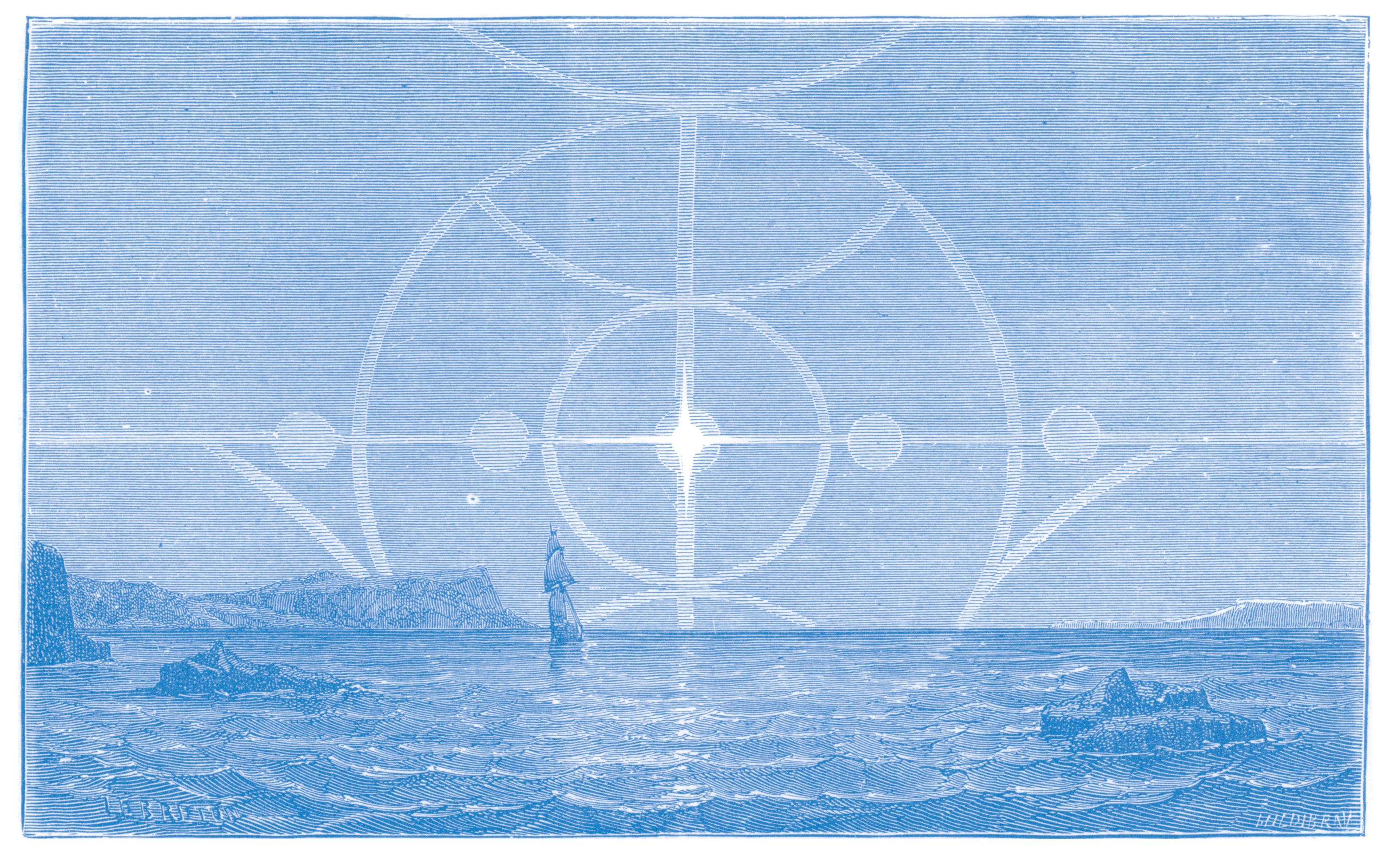
With mock suns
North-west
If clouds shall have shut in the sun, the less light there is left, and the smaller the sun’s orb appears, the more severe will the storm prove. But if the disc of the sun appear double or treble, as if there were two or three suns, the storm will be much more violent, and will last many days. - Bacon.
If the upper current of clouds comes from the northwest in the morning, a fine day will ensue.
If in the north-west before daylight end there appear a company of small black clouds like flocks of sheep, it is a sure and certain sign of rain. - Wing, 1649.
If a layer of thin clouds drive up from the northwest, and under other clouds moving more to the south, expect fine weather.
- United States.
In winter and in the North Atlantic a cloud rising from the north-west is an infallible forerunner of a great tempest.
- Kalm (“Travels”).
Clouds in the east, obscuring the sun, indicate fair weather.
In the North Atlantic, if clouds appear during an easterly wind to the south-west, with their points turning to the north-east, it is a sign of a south-west wind in twenty-four hours.
- Kalm (Travels).
If clouds drive up high from the south, expect a thaw.
Small scattering clouds flying high in the south-west foreshow whirlwinds.
- Howard.
A sky covered with clouds need not cause apprehension, if the latter are high, and of no great density, and the air is still, the barometer at the same time being high. Rain falling under such circumstances is generally light, or of not long continuance. - Jenyns.
Clouds
Description of

Sometimes we see a cloud that’s dragonish, A vapour sometimes like a bear or lion, A towered citadel, a pendent rock, A forked mountain, a blue promontory With trees upon’t that nod unto the world And mock our eyes with air. That which is now a horse, even with a thought The rack dislimns and makes it indistinct As water is in water.
- Shakespeare (Antony and Cleopatra).

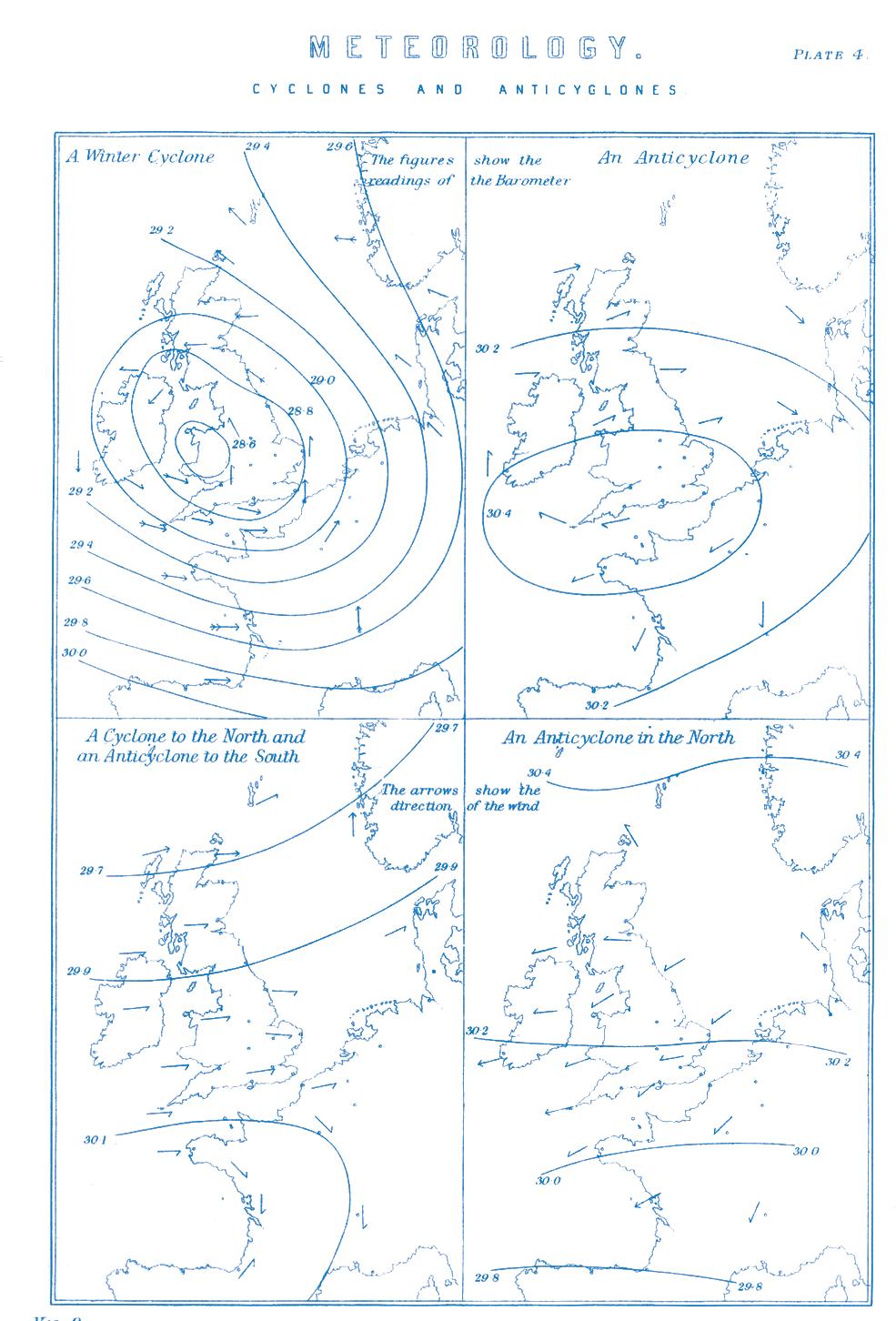
RULES FOR WEATHER
ACCORDING TO THE DIRECTION OF MOTION OF CIRRUS CLOUDS.
“Cirrus moving from north or north-east with a high barometer is a sign of settled weather in summer, and of temporarily fine weather in winter; with a low barometer, it is a sign of marked improvement in the weather.
Moving from east - a rare occurrence - is a sign of fine weather in winter, but of unsettled weather in summer. Cirrus moving from south-east (but it rarely does so with a low and unsteady barometer) is a sign of improving weather in winter, and in summer frequently indicates coming thunderstorms.
Moving from south generally indicates unsettled weather, especially in summer.
Moving from south-west indicates unsettled, and sometimes stormy, weather in winter. In summer it often precedes thunderstorms; but with a high barometric pressure and a high temperature it frequently has no disturbing influence, and is then usually replaced by cirro-macula (speckle cloud). Cirrus from west is commonly in summer a symptom of fair weather, but it is less so in winter.
Cirrus from north-west, when not tending to the form cirro-filum (thread-like cirrus), is an indication of temporary fine weather, especially in summer.”
- Rev. Clement Ley (Cloudland).
Clouds
There is an intermediate form of sad-coloured cloud between cirro-stratus and cirro-cumulus, and which resembles waves seemingly equi-distant from each other, which is a sure indication of thunder.
- Basil Woodd Smith.If soft and delicate in outline, it may be followed by a continuance of fine weather; but if dense, abundant, and associated with cirrus, it signifies electrical disturbance and change of wind, often resulting in thunderstorms in summer or gales in winter.
High cirro-cumulus commonly appears a few hours or days before thunderstorms. It generally moves with the prevailing surface wind. The harder and more definite the outline, the more unsettled the coming weather. In winter clearly marked, high cirro-cumulus is a sign of bad weather. If the cloud be continuous in long streaks, dense, and with rounded, knobby outlines, stormy weather follows generally within two or three days.
Cirro-cumulus at a great height and in large masses, moving slowly from north-east, is a sign of the continuance of the wind in that quarter. - Hon. F. A. R. Russell. Storm Outlines
When cirro-cumulus is seen overhead, if the fleeces gently merge into each other, and the edges are soft and transparent, settled weather prevails; and if the middle part of the fleeces look shadowy, so much the better.



See we not hanging in the clouds each hour So many seas, still threat’ning down to pour, Supported only by th’ aire’s agitation, Selfly too weak for the least weight’s foundation. - Du Bartas (“Divine Weekes”).
STRATUS Definition
Fine Night
A widely extended, continuous, horizontal sheet, increasing from below. - Howard.
These clouds have always been regarded as the harbingers of fine weather, and there are few finer days in the year than when the morning breaks out through a disappearing stratus cloud.
A stratus at night, with a generally diffused fog the next morning, is usually followed by a fine day, if the barometer be high and steady. If the barometer keep rising, the fog may last all day; if the barometer be low, the fog will probably turn to rain. - Jenyns.

When mountains extend north and south, if fog or mist comes from the west, expect fair weather. If mist comes from the top of mountains, expect rain in summer, snow in winter.
- Apache Indians.
Thin, white, fleecy, broken mist, slowly ascending the sides of a mountain whose top is uncovered, predicts a fair day.
- Scotland.
A few parallel streaks of cloud, seldom more than three or four in number, appearing either as white streaks on the blue or, more rarely, as darker streaks against nimbus or cumulo-nimbus, are a sure prognostic of thunder.
- B. Woodd Smith (“Nature”, June 18, 1896).
Clouds
On mountains
Fair weather


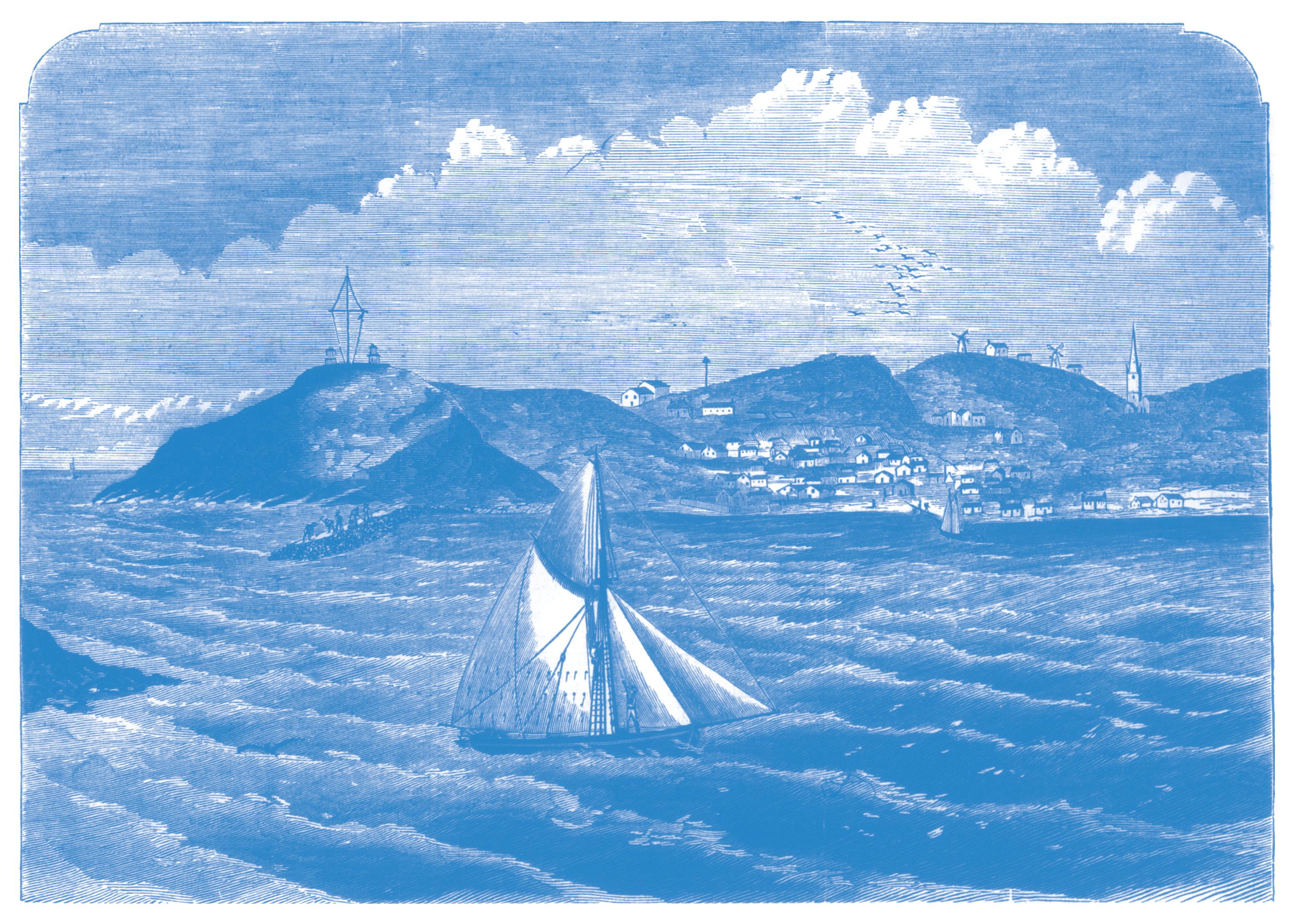
Craighill
Riving Pike
There is a high wooded hill above Lochnaw Castle; Take care when Lady Craighill puts on her mantle. The Lady looks high and knows what is coming; Delay not one moment to get under covering.
[Note. - The hill lies to the north-west of the district where this doggerel is quoted.]
If Riving Pike do wear a hood, Be sure the day will ne’er be good. - Lancashire.
Helm cloud
A cloud, called the “helm cloud,” or “helm bar,” hovering about the hilltops for a day or two, is said to presage wind and rain. - Yorkshire.
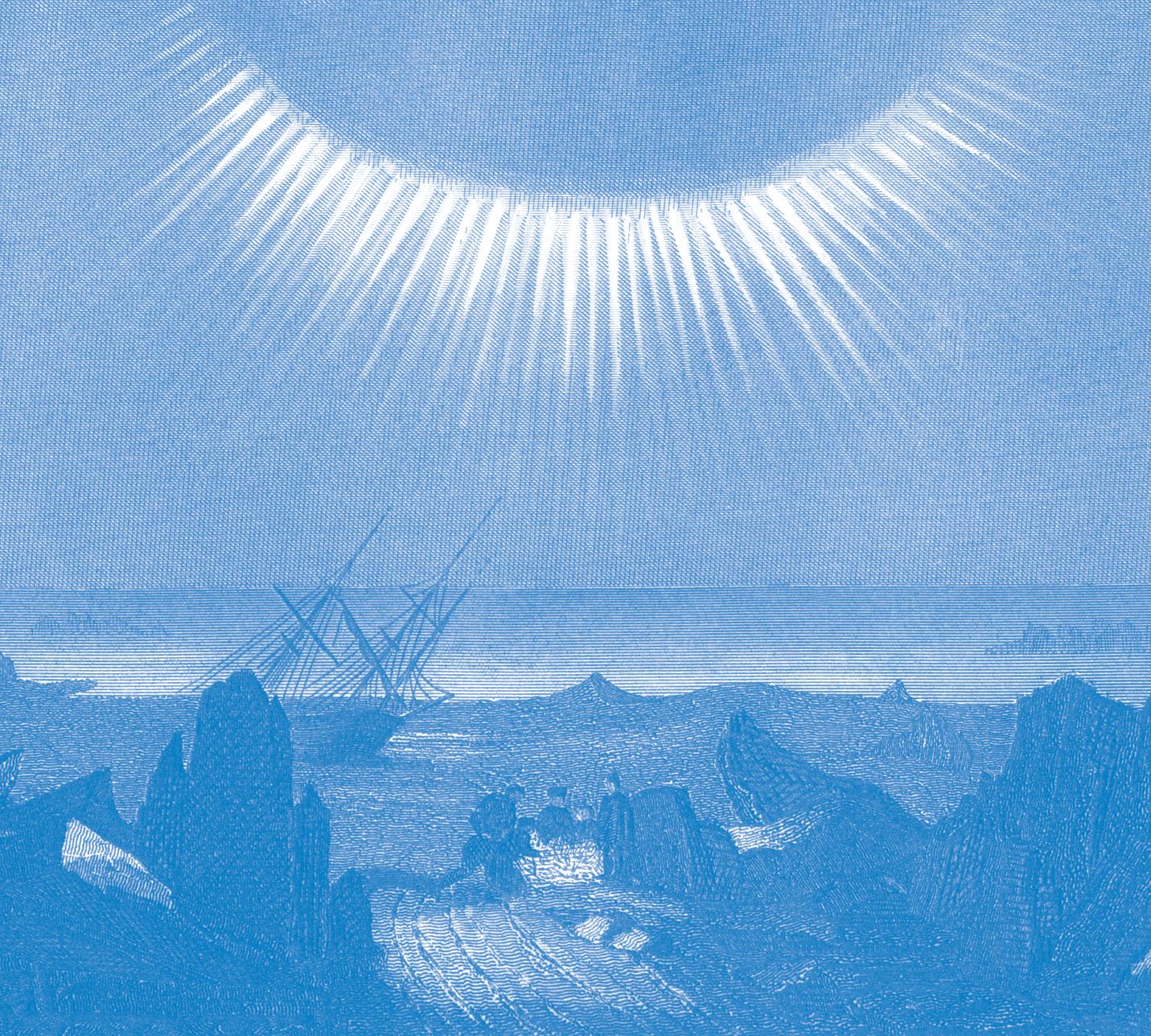

The dews of the evening industriously shun; They’re the tears of the sky for the loss of the sun.
If the dew lies plentifully on the grass after a fair day, it is a sign of another.
If not, and there is no wind, rain must follow.
- Rev. W. Jones.
When in the morning the dew is heavy and remains long on the grass, when the fog in the valleys is slowly dispersed and lingers on the hillsides, when the clouds seem to be taking a higher place, and when a few loose cirro-strati float gently along, serene weather may be expected for the greater part of that day.
- Scotland.
If in clear summer nights there is no dew, expect rain next day.
- C. L. Prince.
Dew is an indication of fine weather; so is fog.
- Fitzroy.
Dew is produced in serene weather and in calm places.
- Aristotle.
From north or south
Five days’ rain, ten days’ wind, are both good omens.
- China.
A hasty shower of rain falling when the wind has raged some hours, soon allays it.
- Pointer.
Small rain abates high wind.
- France.
Marry the rain to the wind, and you have a calm.
A small rain may allay a great storm.
- T. Fuller.Sudden rains never last long; but when the air grows thick by degrees, and the sun, moon, and stars shine dimmer and dimmer, then it is likely to rain six hours usually.
- Shepherd of Banbury.It is better both for plants and animals that rain from the north should precede that from the south, but it should be sweet and not salt to the taste.
- Theophrastus (“Signs, etc.” J. G. Wood’s Translation).
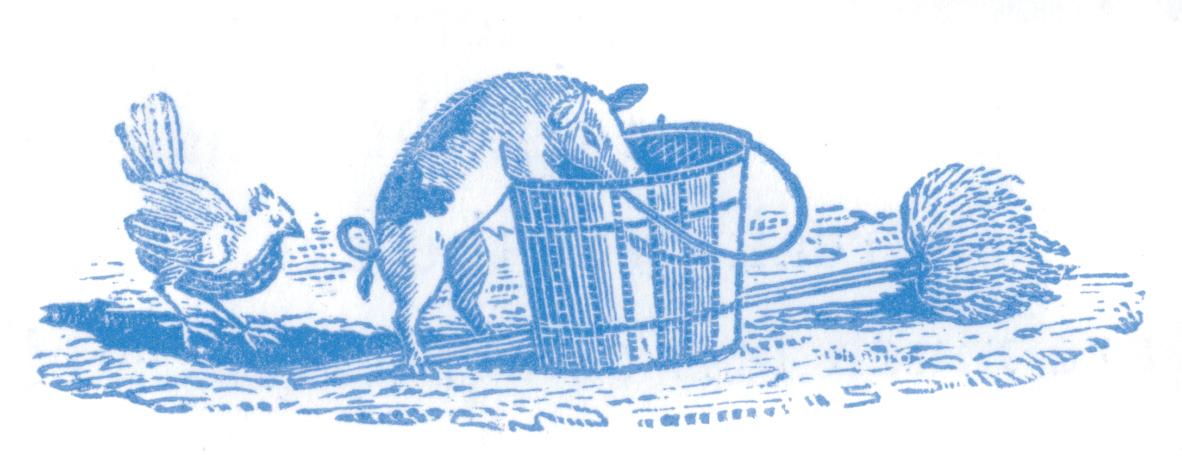
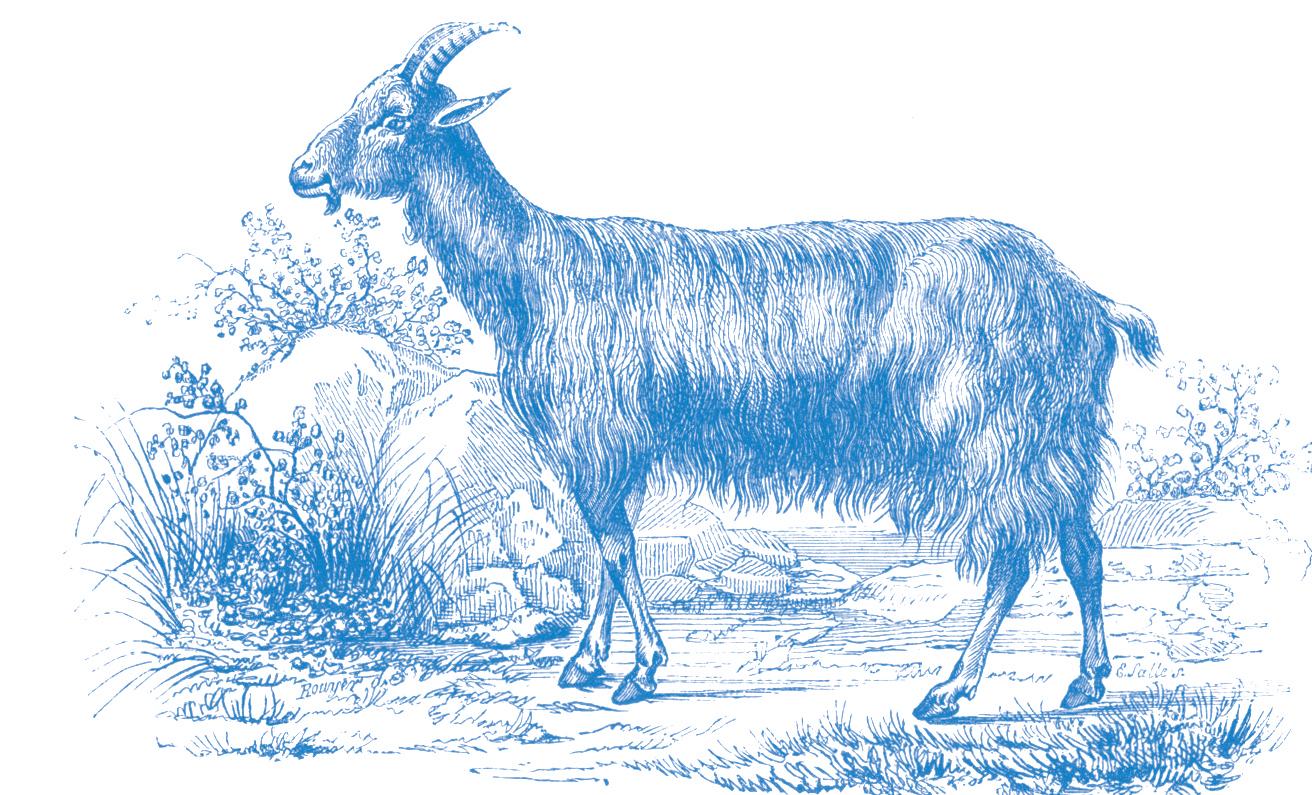
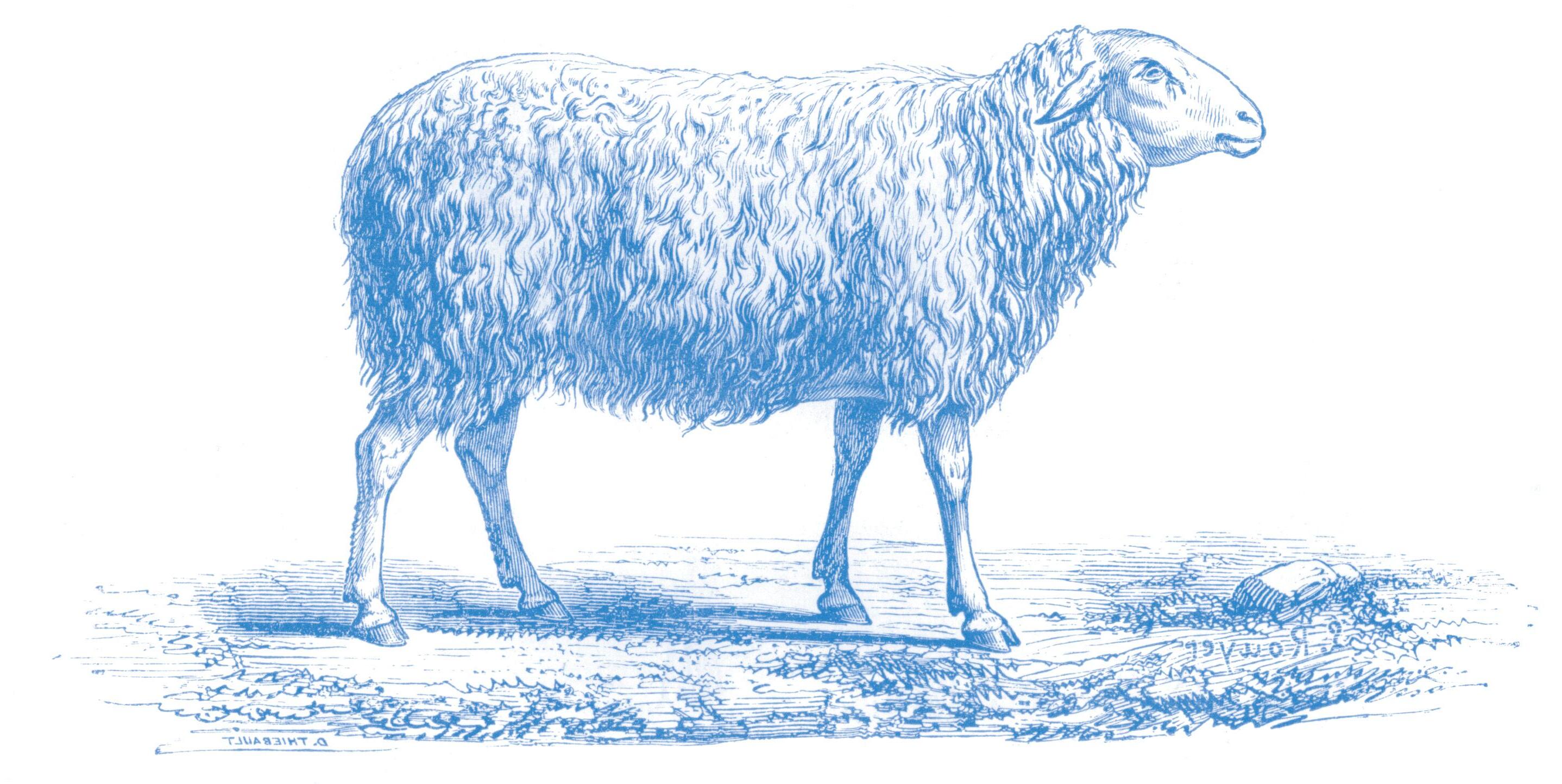
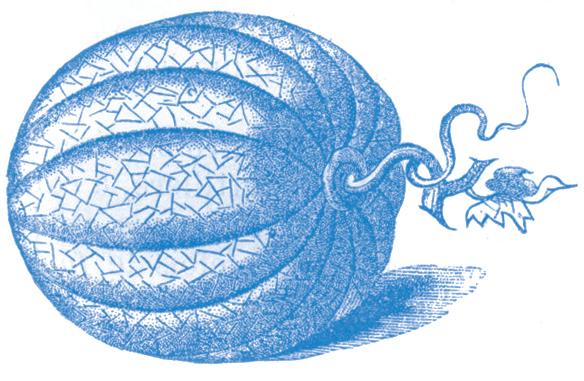

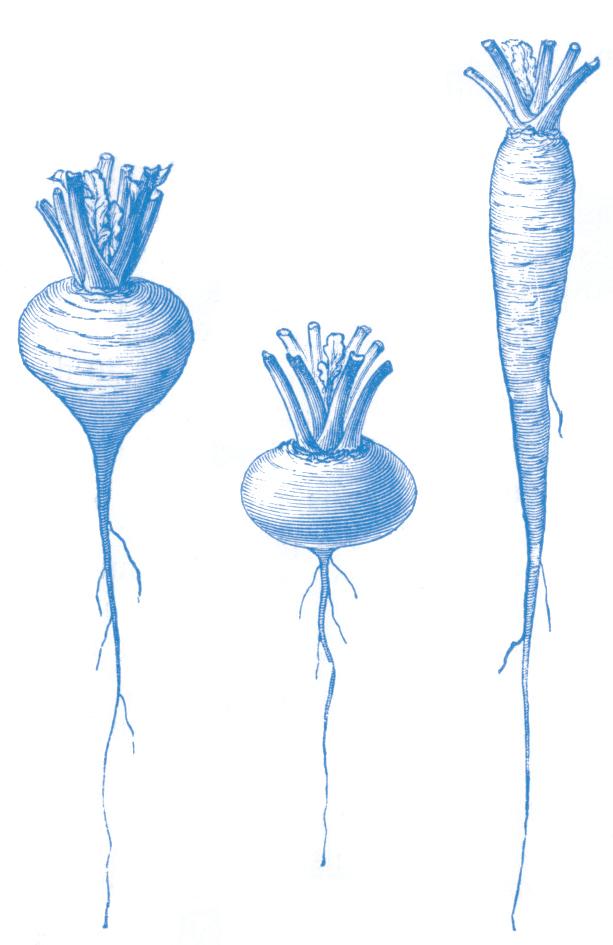
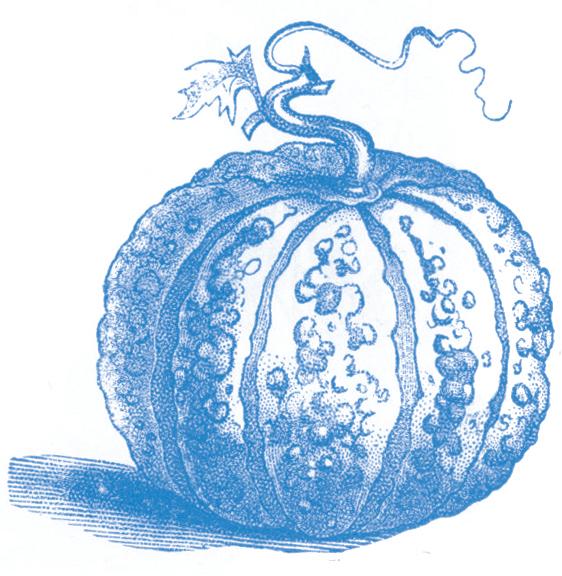
Weather Lore
A Collection of Proverbs, Sayings & Rules
Concerning the Weather
Also in this series:
Volume I
Weather in General
Volume II
Sun, Moon & Stars
The Elements - Sky, Air, Sound, Heat
Volume IV
The Elements
Wind, Sea, Thunder & Lightning, Frost, Hail, Snow, Ice
Volume V
Flora & Fauna
Volume VI
Instruments of Measure
